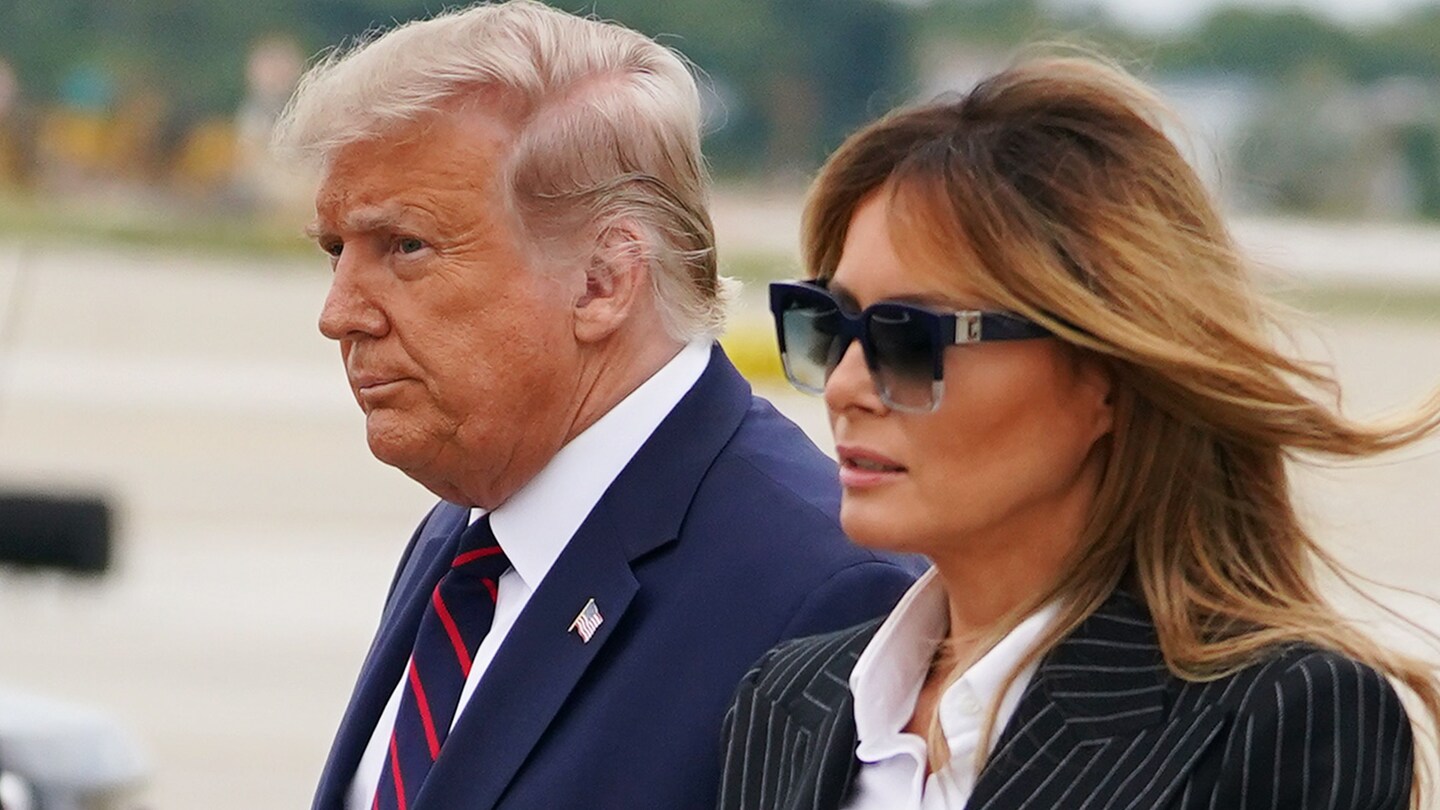What happens to the election if Trump can’t perform his duties?

Here’s what the rules say about what happens before Election Day, as the electoral college is voting and after the election. The month and a half between Election Day and electors casting their votes is the most confusing and most prone to political chaos.
1. What happens if the president is incapacitated before the election?
If Trump can’t perform his duties as president, the vice president takes over, per the Constitution. Vice President Pence has tested negative for the coronavirus since the president’s positive test.
That’s what the Constitution says on governing. As for the campaign, if a presidential nominee gets sick or dies during an election, it’s up to the parties to figure out who the replacement should be. That would be the Republican and/or Democratic national committees.
Another option is for Congress to vote to delay the election date, since only Congress has the power to set it. So far congressional leaders have not talked about doing this.
2. What happens if the president can’t serve as votes are being cast?
This is where we are now, and it’s potentially messy. Millions of mail-in ballots have already been cast, and millions more are going out to homes now. In-person voting is also opening up.
If it turns out that people voted for a candidate who can no longer serve, individual state legislatures must decide what to do with the electors they won. The most logical choice would be for states that voted for Trump to tell their electors to vote for Pence, or whomever the Republican Party decides will be Trump’s replacement, as Richard Pildes, a New York University law professor with expertise on elections and U.S. government, has explained to The Washington Post’s Monkey Cage blog. Thirty-one states and the District of Columbia have provisions telling electors to vote for the candidate who wins that state’s popular vote, according to the National Conference of State Legislatures.
The Supreme Court unanimously ruled in July that states can legally bind their electors to vote for the candidate who won the popular vote in that state. Some 30 states have laws requiring electors to follow the popular vote, but many of them don’t have a way to punish electors who change their minds. There is the possibility that “faithless electors” in some states decide themselves who to vote for, and they might feel particularly emboldened in the case of the election being thrown into turmoil by an incapacitated or dead candidate.
As Rick Hasen points out in his Election Law blog, the Supreme Court also noted that there is no rule that electors are bound to a deceased candidate. Some states do have provisions that would give electors discretion on whom to vote for if the popular-vote candidate has died. A few tell electors to cast their votes for whichever replacement candidate the party committee chooses. But many states just don’t touch on this.
That could elevate the role that state legislatures play in drafting emergency laws to tell electors what to do. That could get messy in swing states with a divided government, such as Pennsylvania, Wisconsin and North Carolina. What happens if these states give the popular vote to Democrat Joe Biden, but their Republican legislatures decide to change the laws for how electors vote in light of a candidate’s death? “The one thing I have concern about is this idea of a legislature saying, ‘Well we can’t get a fair election anymore with one of the candidates no longer in the race, so voters can’t make a choice, so we’ll make a choice on our own,’ ” Hasen said in an interview.
This is conjecture, but it’s worth considering in such uncharted territory. What GOP state legislatures would do amid election chaos was already a subject of concern after the Atlantic reported that some Republican state lawmakers were talking with the Trump campaign about how to get around a popular vote if there is chaos in the election and states can’t figure out who won.
Pennsylvania Republican lawmakers were quoted in the story considering this option. They either didn’t comment or denied their remarks were quoted in context when local news followed up.
3. What happens if the candidate can’t serve after the electoral votes are cast?
If a candidate dies after the electoral college votes are cast, by mid-December, then under the 20th Amendment, the vice president-elect would become president, says Josh Chafetz at Georgetown Law School.






